|
|
|
|
The last 48 hours have seen the subject of bitcoin in the headlines again as the price of the cryptocurrency plunged by 30%. Its ability to grab world attention has obscured a more fundamental, and interesting, subject: the far-reaching benefits that could accrue from the technology that underpins it. Iwa Salami sets out how and why blockchain could be a game-changer, particularly for developing countries. She unpacks a deal recently signed by Ethiopia – the largest blockchain deal ever signed by a government – to create a database of identities of teachers and students. Using blockchain technology to give millions of people a digital identity
could have major knock-on benefits.
Vaccine hesitancy is recognised by the World Health Organisation as one of the top ten threats to global health. But there’s scant research about it in lower-income countries. Knowing why people are reluctant to be vaccinated can make or break health initiatives. This is true in ongoing efforts to bring the COVID-19 pandemic under control. Jean-Francois Maystadt, Kalle Hirvonen and Nik Stoop discuss the findings of a survey done in 22 countries on the continent that sought to get to the bottom of the question. The main finding was that child vaccination rates were lowest in areas where people mistrusted local authorities.
Subscribe to our WhatsApp bulletin here.
Over the next few weeks, we’re asking readers to make a donation to The Conversation Africa. We are a not-for-profit newsroom supported by donors. But we’re constantly looking for ways to expand our funding base in our quest for sustainability. Support journalism that you can trust.
Donate
now
|
Caroline Southey
Founding Editor
|

|
|
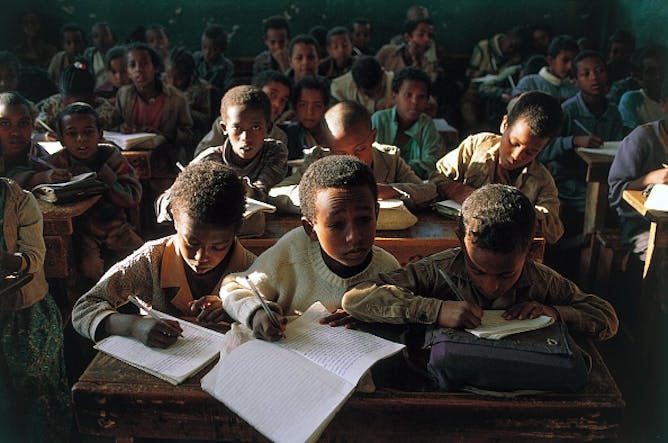
Children in a classroom in Gondar in the Amhara Region. Ethiopia has signed a deal to register 5 million school children using blockchain.
Photo by DeAgostini/Getty Images
Iwa Salami, University of East London
It's time to shift focus away from bitcoin and to pay more attention to other blockchain projects promising to make real contributions to the world.
|
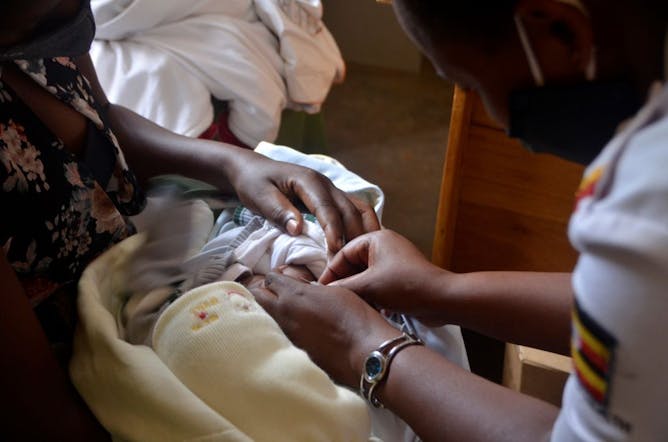
A health worker administers an injection to a child below the age of one year during a routine immunisation at a health center in Kampala, Uganda.
Xinhua/Nicholas Kajoba via Getty Images
Jean-Francois Maystadt, Lancaster University; Kalle Hirvonen, The International Food Policy Research Institute (IFPRI) ; Nik Stoop, University of Antwerp
Even where vaccines are available, one barrier to progress is vaccine hesitancy: the reluctance or refusal to vaccinate.
|
Arts, Culture + Society
|
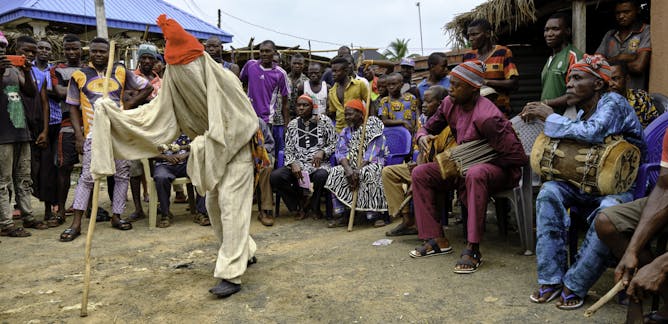
Kingsley Ikechukwu Uwaegbute, University of Nigeria
Over the past 15 years there's been a revival of young people - mostly Christians - participating in traditional masquerades, despite these being branded as pagan.
| |
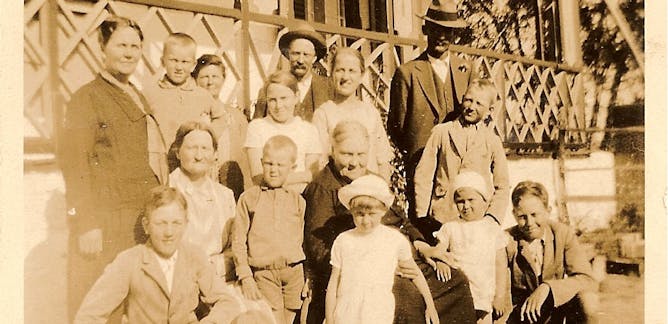
Jaco Greeff, University of Pretoria; Carina Schlebusch, Uppsala University
Given the central role that ethnicity played and still plays in South African politics, it is good to have an unbiased estimate of Afrikaners' genetic history.
|
|
|
Education
|

Sukhmani Mantel, Rhodes University
A greater understanding of interconnectedness created by river maps could influence people to become more engaged with conserving river systems.
| |

Willie Tafadzwa Chinyamurindi, University of Fort Hare
African governments should prioritise investment in high speed internet connectivity because it can have spillover benefits for education systems, as well as economic and social growth.
|
|
|
|
|
From our international editions
|
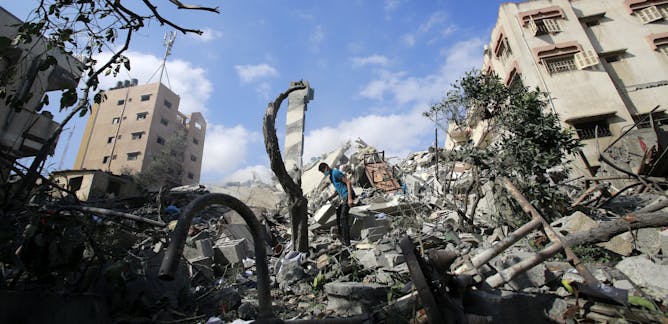
Asaf Lubin, Indiana University
Both sides in the Israel-Hamas conflict may be violating the international laws that govern armed conflict. A legal scholar explains these rules – and whether anyone enforces them.
| |
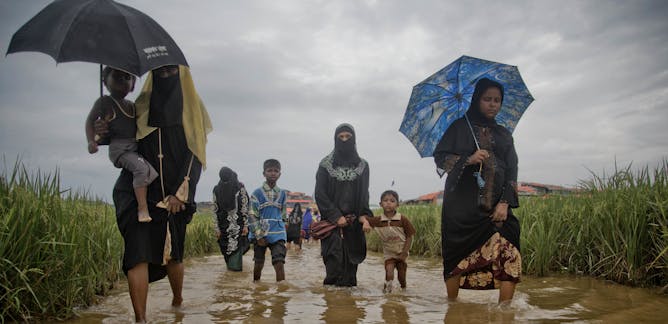
George Newhouse, Macquarie University
Robertson's book is a call to action for 'Magnitsky laws' to be introduced in Australia, which impose sanctions and travel bans on individuals for human rights abuses.
|
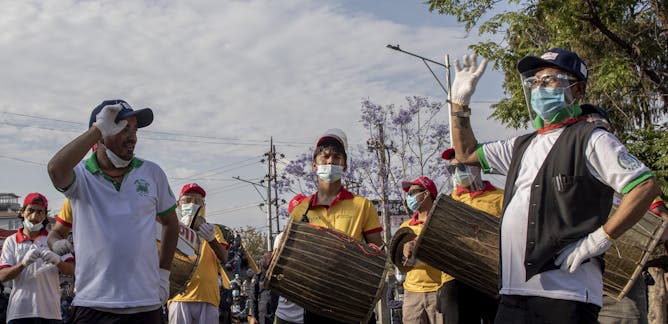
Michael Head, University of Southampton
Low levels of immunity and high levels of mixing are a perfect setting for the next big outbreak.
| |
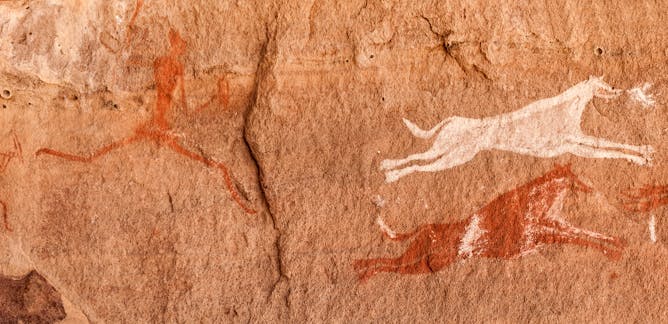
Albrecht Schulte-Hostedde, Laurentian University; Eric Boivin, Laurentian University; Meghan McCue, Laurentian University
Evolutionary medicine uses our ancestral history to explain disease prevalence and inform care for conditions like Type 2 diabetes. It also challenges the bio-ethnocentrism of western medicine.
|
|
|
En Français
|
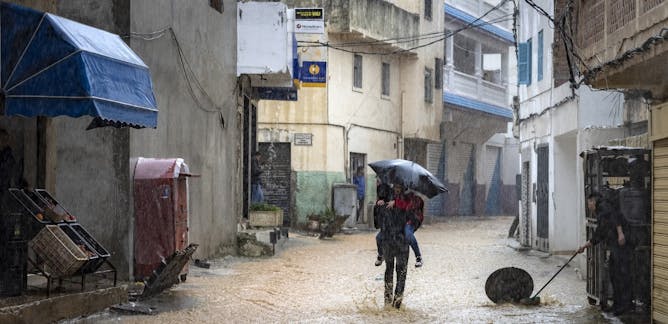
Mohammed Chergui Darif, Aix-Marseille Université (AMU)
Au Maroc, pays particulièrement touché par les inondations, la résilience des territoires est une question cruciale.
| |

Marie Duru-Bellat, Sciences Po
La critique de la méritocratie se focalise en général sur son fonctionnement, pointant les biais de recrutement des élites. Mais ne faut-il pas aussi interroger le bien-fondé de cet idéal ?
|
|
|
| |
Featured events
|

|
MS Teams, Western Cape, 7600, South Africa — Stellenbosch University
|
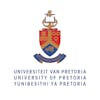
|
Zoom, online, Zoom, online, Gauteng, Zoom, online, South Africa — University of Pretoria
|

|
Virtual/Online, Hatfield, Gauteng, 0083, South Africa — University of Pretoria
|

|
Lynwood Road, Hatfield, Pretoria, Gauteng, 0002, South Africa — University of Pretoria
|
|
|
|
| |
| |
| |
Would you like to republish any of these articles?
|
|
It’s free to republish, here are the guidelines.
Contact us on africa-republish@theconversation.com in case you need assistance.
|
| |
| |
| |
| |
|
|
|
|
|
|
|